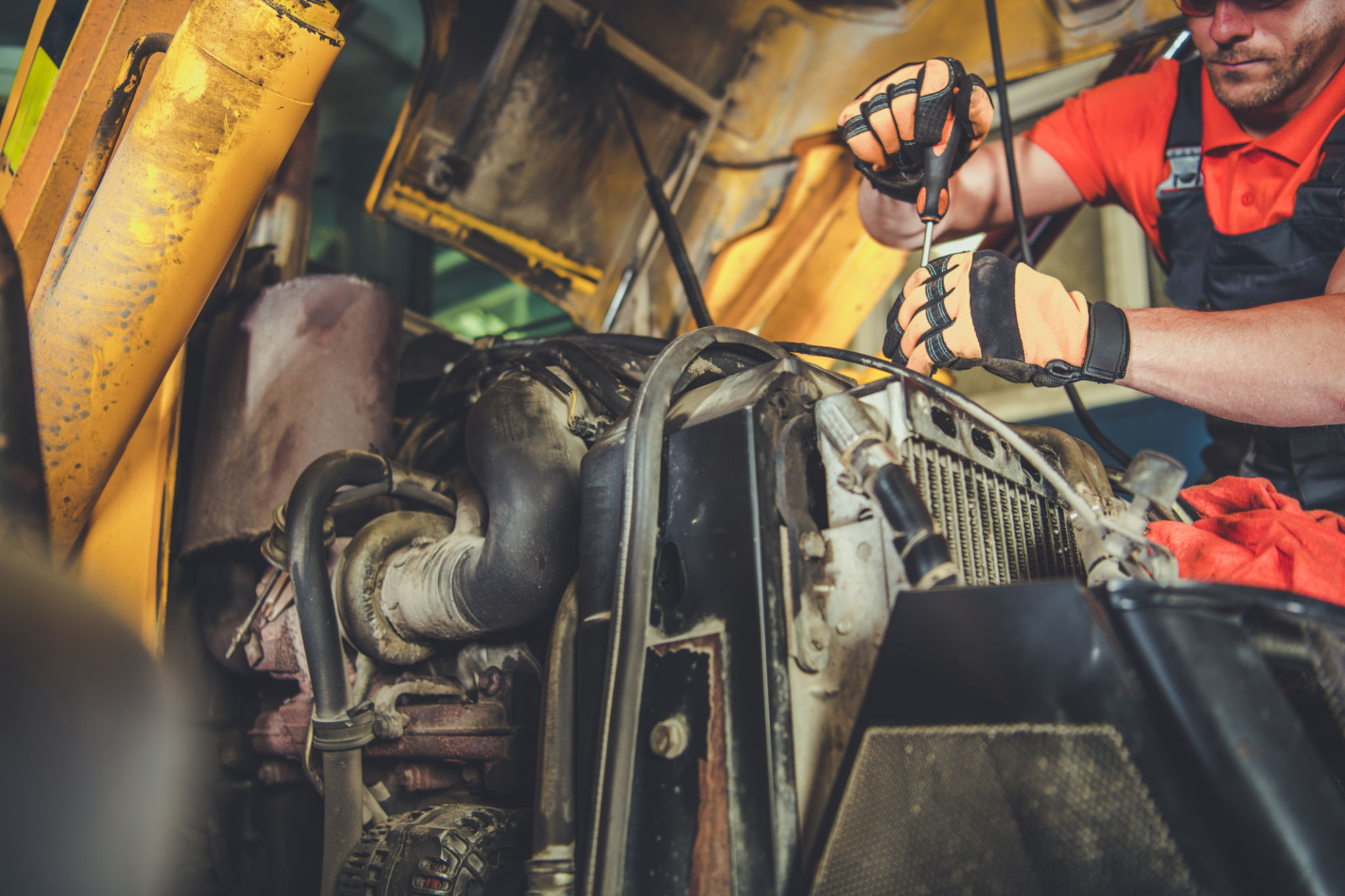How to Prepare Your Heavy Equipment for Seasonal Changes
Understanding the Impact of Seasonal Changes on Heavy Equipment
Seasonal changes can have a significant impact on the performance and longevity of your heavy equipment. As temperatures fluctuate and weather conditions vary, it's essential to ensure your machinery is well-prepared to handle these transitions. Taking the time to properly maintain and prepare your equipment can save you from costly repairs and downtime.
Understanding how different seasons affect your equipment is the first step. For instance, cold weather can cause fluids to thicken, batteries to drain faster, and metal components to become brittle. On the other hand, heat can lead to overheating engines and accelerated wear and tear.

Pre-Winter Equipment Checks
Inspecting and Replacing Fluids
Before the colder months set in, it's crucial to check all fluid levels in your equipment. This includes engine oil, hydraulic fluids, coolant, and fuel. Cold temperatures can cause these fluids to thicken, which may hinder performance. Consider using winter-grade oils and antifreeze to keep your machinery running smoothly.
Battery Maintenance
Cold weather can significantly reduce battery efficiency. To avoid unexpected failures, test the battery's charge level and inspect for any corrosion on terminals. If necessary, replace old batteries with new ones that are rated for cold conditions.

Preparing for Warmer Months
Cooling System Checks
As temperatures rise, ensuring your equipment's cooling system is in optimal condition is essential. Check coolant levels and inspect hoses and belts for any signs of wear or damage. Clean or replace air filters regularly to improve airflow and prevent overheating.
Tire Inspection and Maintenance
Warmer weather can also affect tire pressure and wear patterns. Regularly check tire pressure and adjust according to manufacturer recommendations. Inspect tires for cuts, cracks, or uneven wear, which can indicate alignment issues or other problems.

General Maintenance Tips
Regular Cleaning
Keeping your heavy equipment clean is vital year-round but especially important during seasonal transitions. Dirt, mud, and debris can accumulate in hard-to-reach areas, leading to rust and other damage. Regular cleaning helps identify potential issues early and keeps your machinery in top condition.
Scheduled Inspections
Implement a regular inspection schedule to catch problems before they become serious. Conduct visual inspections for signs of wear or damage and listen for unusual noises during operation. Addressing minor issues promptly can prevent them from escalating into major repairs.
- Check fluid levels regularly.
- Test batteries before winter.
- Inspect tires for damage.
- Clean equipment frequently.
- Schedule consistent inspections.
By following these preparation tips, you ensure that your heavy equipment remains reliable and efficient throughout the year, regardless of the season.